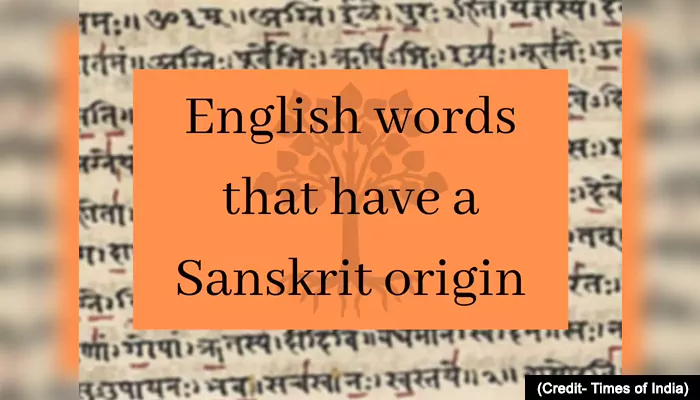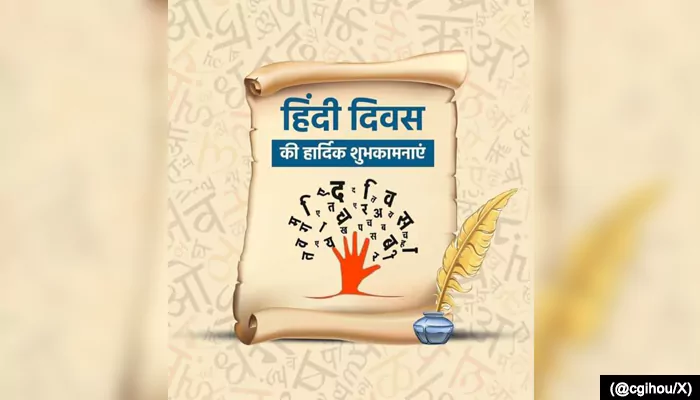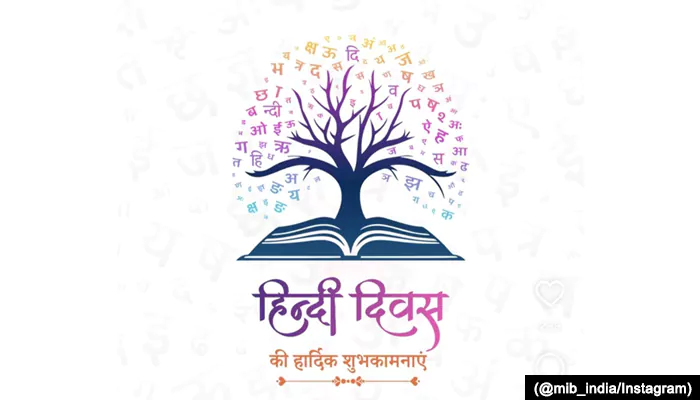Sanskrit Day: English Words You Had No Idea Were Derived From Sanskrit
- Rohit Chatterjee
- 6 months ago
- 3 minutes read

Considered the oldest language in the world, several English words are derived from Sanskrit
Considered the oldest language in the world, August 9 is celebrated as World Sanskrit Day, also known as Vishva-Samskrita-Divas. Unfortunately, in today’s generation, the world has forgotten Sanskrit and the base it provided for the evolution of other world languages. Even in India, speaking English has become a trend and is considered a symbol of sophistication.
Given that Sanskrit has sort of lost its relevance and is belittled by the English-speaking audience, on this Sanskrit Day, let’s recall several English words that have been derived from Sanskrit.
Karma
In English, karma refers to the principle that if a person does a good deed, they will receive good results. If a person does a bad deed, they will receive a negative result. It could be anything ranging from behaviour, words to actions. The word ‘karma’ comes from the Sanskrit word ‘Karman,’ which means “act/deed.”
Loot
Used as both a noun and a verb, ‘loot’ as a verb means to rob or steal. Loot is used in English and Hindi to describe a robbery. The word comes from the Sanskrit words ‘lotra’ or ‘loptra,’ which also mean “to rob or plunder.”
Candy

(Credit- Wikipedia)
Candy is another English word derived from Sanskrit. As most of us are aware, candy is a sweet often sold in a variety of flavours or covered in chocolate, usually consumed by kids as a snack. The word originates from the Sanskrit term 'khaṇḍakaḥ,’ which means “sugar candy.” ‘Khandah’ means “piece,” so that word literally means “sugar in pieces.”
Punch
Punch has two different meanings in English. First, a punch refers to a mix of beverages, typically comprising five ingredients, including spirits and sugar. However, a punch can also be made without adding spirit. Second, punch also refers to striking with a fist. In Sanskrit, punch means “five,” which is connected in both cases—punch, a drink made of five ingredients, and punch, a fist made of five fingers.

(Credit- Spruce Eats)
Orange
The word ‘orange’ refers to a colour and a citrus fruit. The word is derived from the Sanskrit word ‘naranga,’ which is evident in how the orange is called ‘naranja’ in the Spanish language. As English evolved, the language borrowed words from Spanish, a much older language that originated from Vulgar Latin in the 3rd century BC.

(Credit- Wikipedia)
Mandarin
Another English word that refers to a citrussy fruit, mandarin is native to the PRC, but the word is derived from Sanskrit. In Sanskrit, the word ‘mantrin’ means “councillor.” The fruit shared its name with councillors in the PRC Empire because the high-ranking officials wore robes that had the same colour as a mandarin.
Grass
Grass refers to a variety of low-growing plants that do not reach great heights. Grass comes from a Hindi-Urdu word, ‘ghas,’ which is derived from a Sanskrit word, ‘ghasa.’

(Credit- Britannica)
Daughter
Last but not least, daughter is another English term derived from Sanskrit. In Sanskrit, the word ‘duhitr’ means “to milk,” not to be interpreted as milking, but as somebody who nourishes. The word ‘daughter’ has roots in ‘duhitr.’











